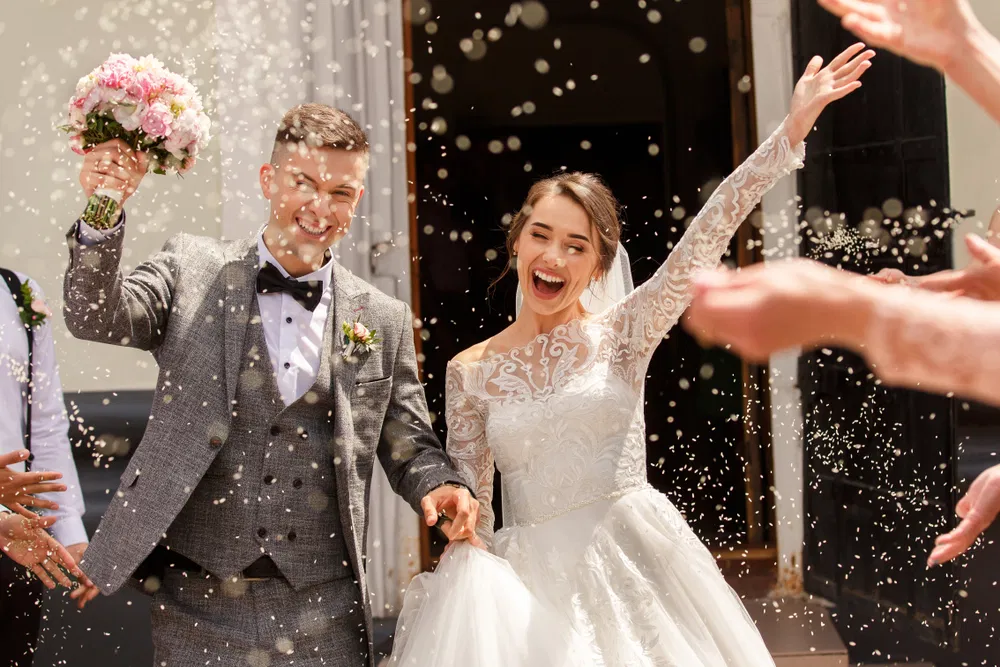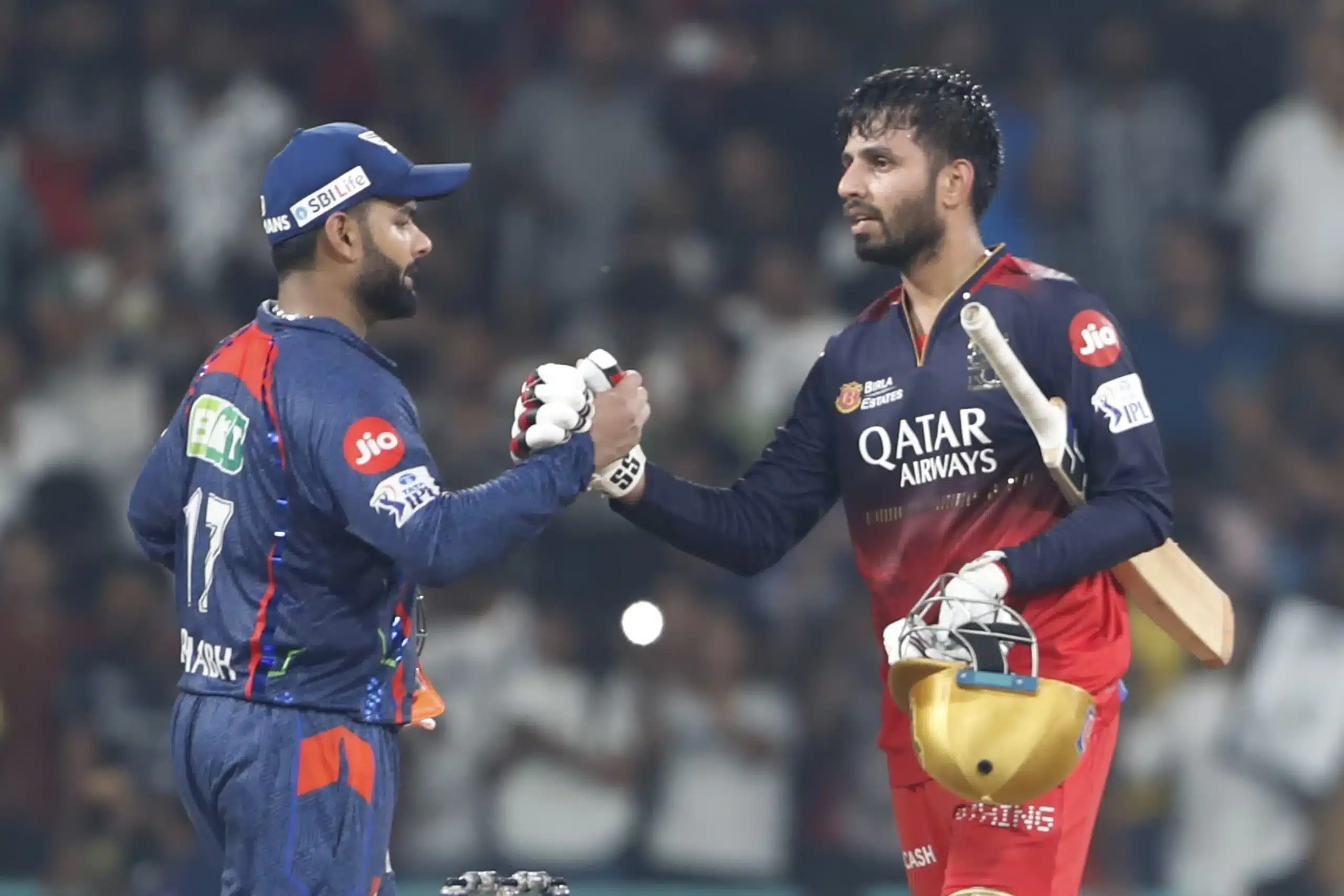Love is often said to transcend boundaries, including age. While many believe that age shouldn’t dictate relationships, societal norms still heavily influence marriage expectations—particularly when it comes to the age gap between partners.
Traditionally, it’s been common for the husband to be older than the wife. But is this just a cultural expectation, or is there a scientific basis behind it? Let’s examine both perspectives.
Society’s Take on Age Gaps in Marriage
In many cultures, especially in India, a 3- to 5-year age difference—with the man being older—is widely accepted. Arranged marriages often emphasize this norm, considering factors like stability and maturity.
However, modern love stories are rewriting these conventions. High-profile couples like Shahid Kapoor and Mira Rajput (15-year gap) or Priyanka Chopra and Nick Jonas (10-year gap, with the wife older) prove that successful marriages aren’t bound by age.
Urbanization and the rise of love marriages have also made age differences less significant. Yet, traditional views still hold sway in many communities, keeping the debate alive.
What Science Says About Age and Marriage
Beyond societal customs, science weighs in on the ideal age gap, focusing on maturity and compatibility.
1. Physical & Mental Maturity
- Girls generally mature faster than boys, both physically and emotionally.
- Hormonal changes begin earlier in girls (ages 7–13) compared to boys (9–15).
- Women often develop emotional intelligence and stability sooner, which can influence relationship dynamics.
2. Legal & Biological Considerations
- In India, the legal marriage age is 18 for women and 21 for men, reinforcing the 3-year gap.
- Biologically, this aligns with the idea that men may need more time to reach emotional and financial stability.
However, marriage isn’t just about physical readiness—it’s about emotional and intellectual compatibility. A couple with a significant age gap can thrive if they share mutual respect, understanding, and life goals.
The Bottom Line: Love & Compatibility Trump Age
While society and science offer different perspectives, the success of a marriage ultimately depends on the bond between partners—not just their ages. Whether the gap is 3 years or 15, what truly matters is:
- Mutual respect
- Emotional connection
- Shared values & goals
In the end, love doesn’t follow a rulebook. A strong marriage is built on understanding, trust, and commitment—regardless of the number of years between partners.



p06dkf
شركة كشف تسربات المياه بالاحساء
rpyzvc